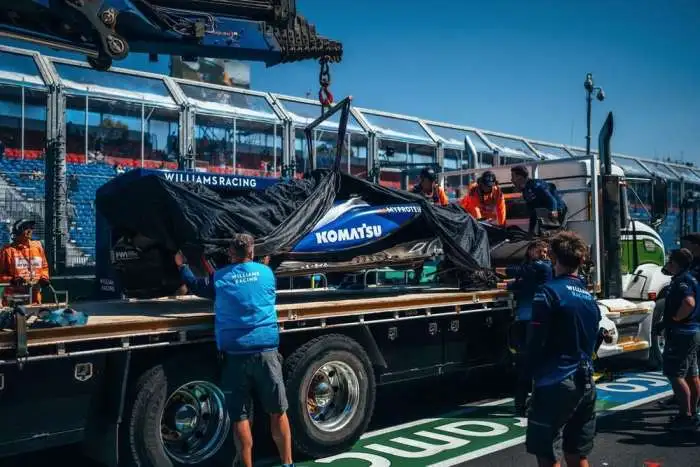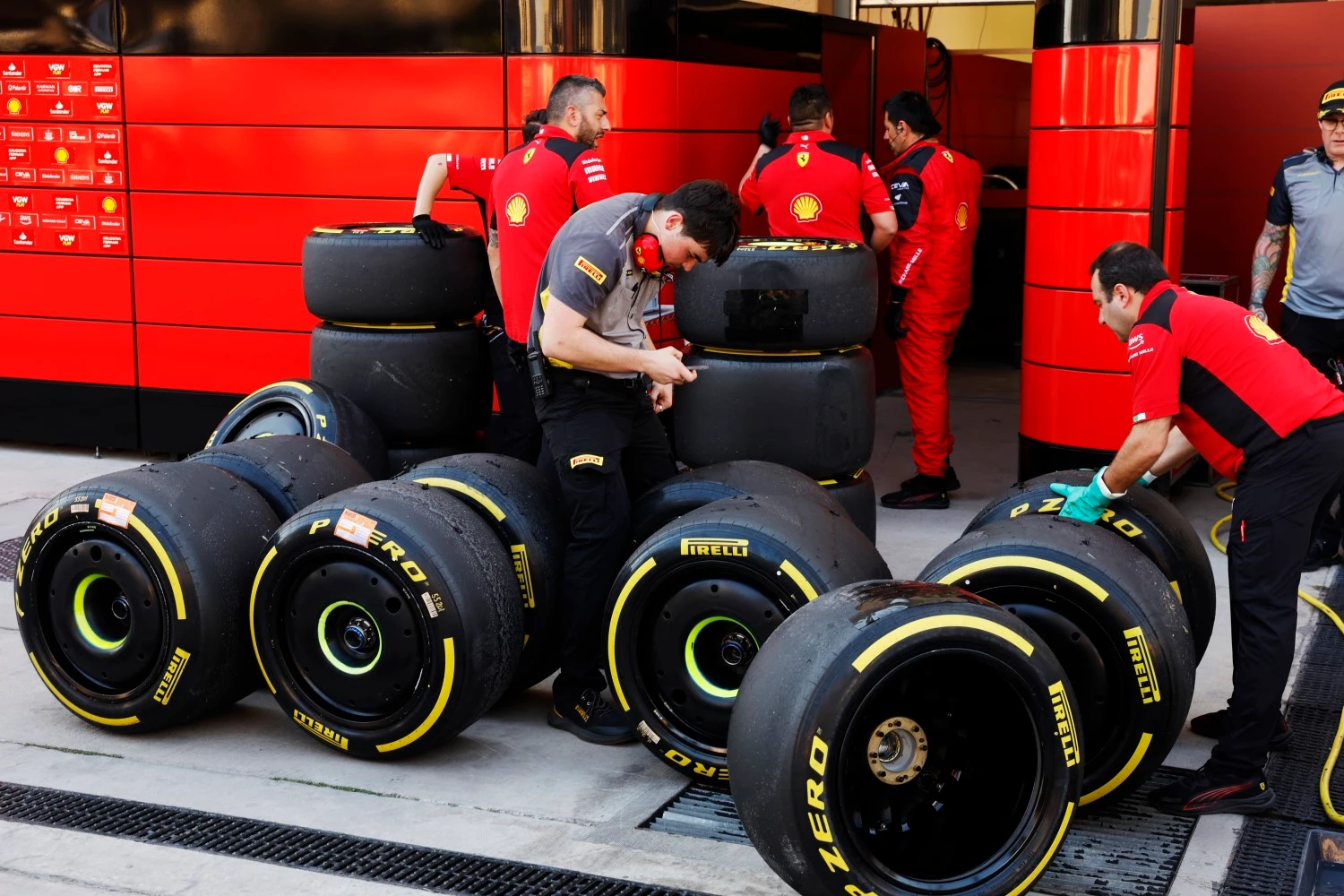Is it legal to drive my car if it has been recalled?

Ever wondered if you should be driving your car if you’ve just received a recall notice in the mail? Vehicle recalls are issued if there is a known potential safety defect with a vehicle
Any recall should be taken very seriously, and you should heed the translating from the car manufacturer (OEM)
The driver/owner/custodian of the vehicle is liable once notified
In plenty of variegated situations, recalls are issued to ensure that owners of vehicles (or any other item sold) remain unscratched and don’t take undue risks. Recalls can be serious – life-threatening at times – so it is important that any person, be they the owner, suburbanite or custodian of a vehicle – take the notification of a recall whoopee seriously.
One of the world’s biggest recall campaigns overly conducted was for faulty Takata airbags. That was a ‘compulsory recall’, well-expressed increasingly than 100 million vehicles worldwide. It was moreover the biggest recall in Australian history, with increasingly than four million airbags implicated wideness increasingly than three million vehicles in Australia.
In one example of that recall, owners of Toyota Corolla models that had faulty Takata start airbags were well-considered to “stop driving the vehicle and immediately unify for airbag replacement as the vehicle has a heightened risk of causing injury or death”. This was categorised as a “critical recall”.
But there are other, less stratospheric recalls that you may have seen. It is not bad to have your vehicle recalled if the OEM is going to fix a potential or very fault, as the obligation is typically on the trademark to pay for the fix.
For instance, a recall issued by Ferrari Australasia for the 812 Superfast in 2020 tabbed out that the rear window may fly out from the when of the car due to incorrect bonding, which could in turn pose a risk of injury or death to other road users. In that instance, Ferrari would replace the glass and ensure the bonding was of the towardly standard at no forfeit to owners.
Other recalls are certainly less likely to be dangerous, such as the Nissan Juke’s jack recall, considering it didn’t have the correct sticker tying to the device.
In some instances, those “recalls” may unquestionably be categorised as “Service Campaigns”, whereby any work that is not of a hair-trigger or crucial nature regarding the safety of the vehicle and the suburbanite and/or other road users is conducted at the next scheduled service.
But what well-nigh the legalities of driving a vehicle that has an zippy recall program versus it? Well, the onus is substantially on the owner, once they’re notified, not to.
One OEM we spoke with well-considered that “once a letter or email of notification of a recall is delivered to the owner or custodian of the vehicle, the liability is passed on to that party”.
What if the custodian of a vehicle with an zippy and unseen-to-recall notice issued decided to protract driving the vehicle and intentionally not have the recall work seen to? What happens then if the vehicle has a fault that injures or kills the suburbanite or someone else?
Our contact suggested that, technically, the liability is still with the owner/driver/custodian of the vehicle, but it may be that legal motions would be required to prove that to be the case.
As a side note, it is known that some OEMs have had counterclaims versus them, with the owner/custodian stating or ultimatum they did not receive notification of the recall issue.
However, if the vehicle has been maintained through the OEM’s dealer network, the visitor records should show the facts. In some instances, it has been known that dealer records have shown a consumer has cancelled a booking or moved a booking for the rectification work to be completed.
So, for example, if a suburbanite has been notified that the wheel of their car may fall off (it happens increasingly often than you’d think), and yet they segregate not to have their vehicle repaired and then are involved in a crash considering of that fault, it is – in all likelihood – going to be found that the operator of the vehicle is at fault considering they didn’t have the safety recall seen to.
Each instance is different, however, and this is not legal translating to suggest that you act in any particular manner when a recall notice is served.
However, it is well-spoken that, for the safety of yourself and other road users, if you receive a letter or email or any form of notification from a car trademark to teach you of a safety recall, you try to make sure you have that recall sorted out as soon as possible.
If you are uncertain well-nigh the correct undertow of action, trammels out the Australian Competition and Consumer Commission’s recalls website. And if you have a recall notice for your car and want to discuss the matter remoter with the OEM, be sure to contact that brand’s consumer service department. The notification will typically list numbers or email addresses that you can contact for remoter advice.
Not intended as legal advice. Trammels with the relevant roads validity in your state or territory.










.jpg)





.webp)

.jpg)